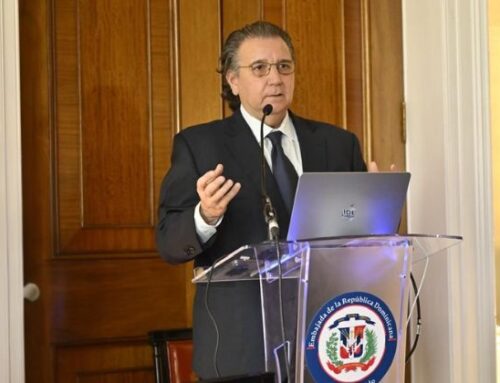Sacramento County solar proposal sparks clash over trees, tribal lands and clean energy go
November 19, 2025
Add CBS News on Google
There’s a heated debate in Sacramento County over one of the region’s largest proposed solar projects. Environmental groups say the plan would permanently destroy an ecosystem and thousands of old-growth trees, but proponents argue it’s critical for California’s clean energy future.
Coyote Creek Agrivoltaic Ranch, a nearly 3,000-acre project, would destroy more than 3,000 old-growth oak trees, but it would also supply 200 megawatts to the grid, which is equal to 15% of SMUD’s renewable energy goals.
At Wednesday’s Sacramento County Board of Supervisors hearing, 150 people signed up for public comment.
“This is an OK project in a very bad location,” said Heather Fargo, former Sacramento mayor and current board president of the Environmental Council of Sacramento (ECOS).
The proposed site is in eastern Sacramento County, at Barton Ranch, near the Prairie City State Vehicle Recreation Area. Developer DESRI is partnering with SMUD to make it happen.
“We’ve contracted with SMUD to reduce greenhouse gas emissions and contribute to the success of Sacramento County’s climate action plan,” said William Risse, director of development with DESRI.
“I do know that when SMUD approved this project, they did not do the adequate environmental review. They did not do a site visit. They didn’t know what they were doing and they got locked into an agreement where they legally can’t oppose it,” Fargo said.
SMUD was not available for an interview but said in a statement that “while SMUD does not have direct oversight of project development, the project has undergone extensive environmental review as part of the regulatory process…. Under federal regulations, utilities like SMUD must provide interconnection access to qualifying renewable projects seeking to connect to the grid.”
Many environmental groups oppose the project, along with local Native American tribes, citing the area’s grasslands, protected species and old-growth oak trees.
“I’m here today to voice my opposition to the Coyote Creek solar project. Should it move forward, it would result in irreparable harm and desecration to cultural resources, including village sites, burials, habitat for our plant and animal relatives, as well as the destruction of oak trees so critical to this unique cultural landscape,” said Malissa Tayaba, vice chair of the Shingle Springs Band of Miwok Indians.
Fargo said she supports a solar project, just not in this location.
“We think you can do both. You can save the environment and these precious resources, and you can also have solar. It’s not an either-or, it’s a where-and-when,” she said.
“We’ve been working on this for five years, and I look at their pipeline and I know this power can be delivered soon. So if you reset and start over, there’s 15% of the need that’s not coming,” said Jim Gillum, representing DESRI
Fargo said ECOS is recommending the project site be moved to a location that’s already flat and doesn’t have old-growth trees.
Featured Local Savings
Search
RECENT PRESS RELEASES
Related Post




